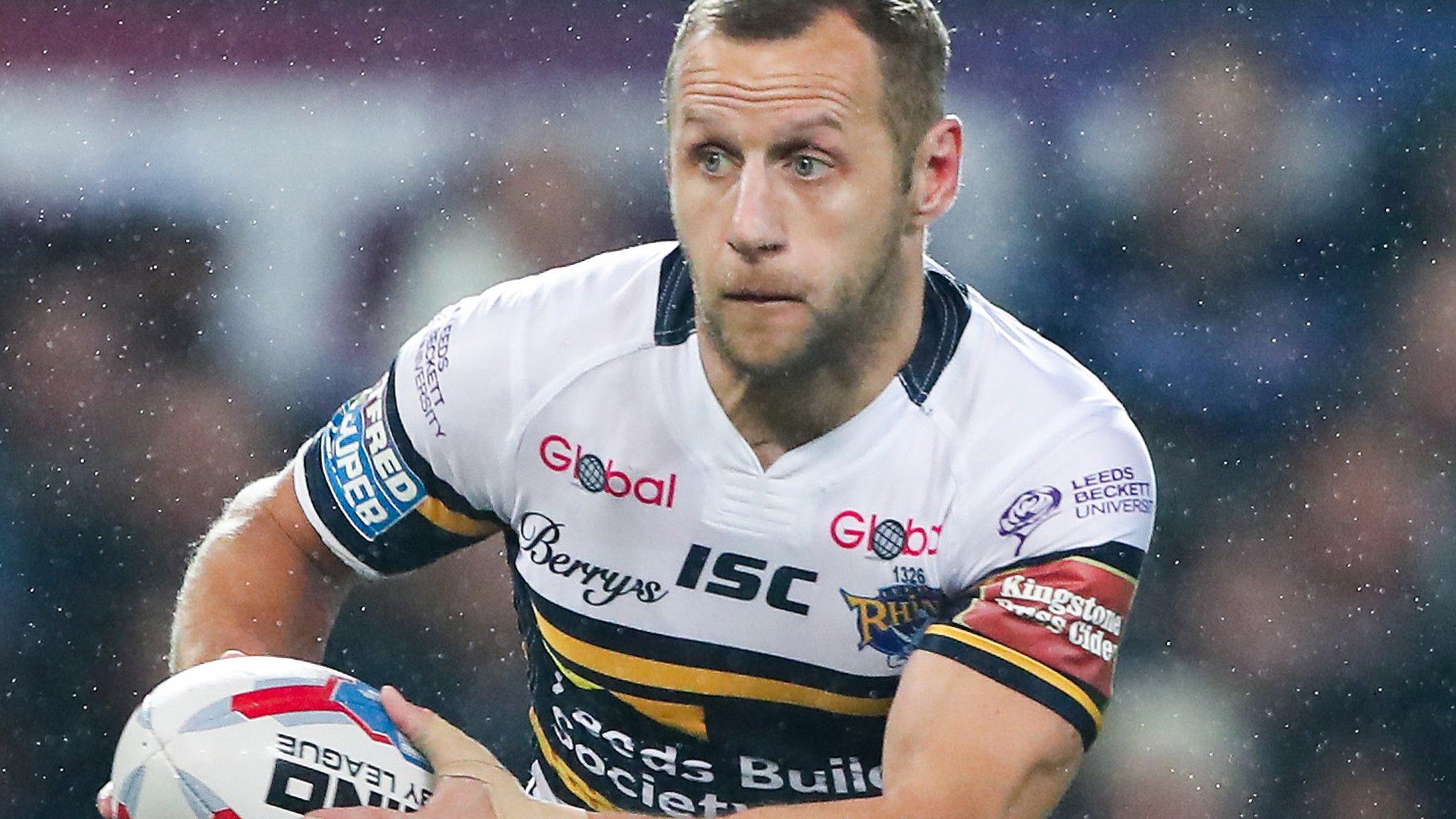Rob Burrow: Ex-Leeds Rhinos star leads £5m MND centre appeal
- Published
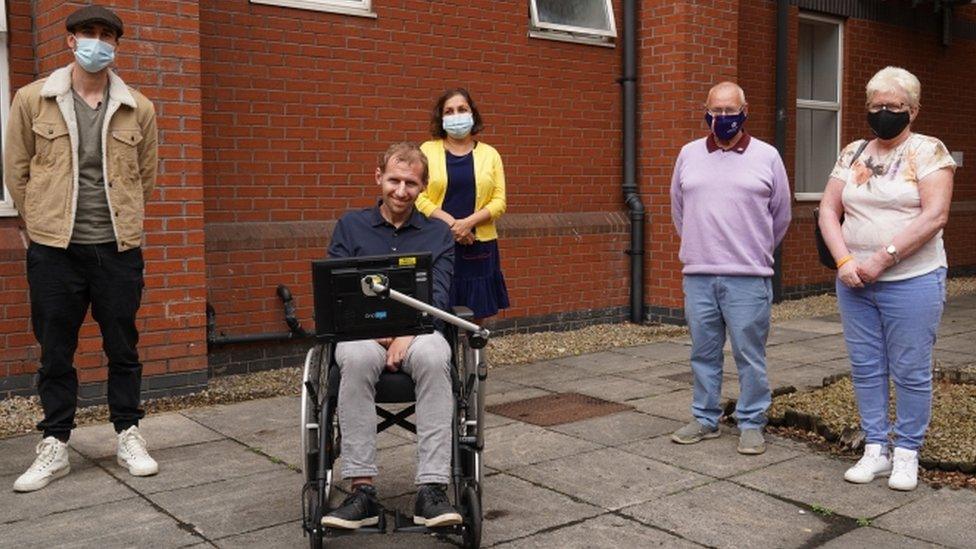
Rob Burrow, seen with former team-mate Kevin Sinfield, his parents and consultant Dr Jung, is leading efforts to fund a new treatment centre
A former rugby league star is spearheading a £5m appeal to build a new motor neurone disease (MND) centre.
Ex-Leeds Rhinos scrum-half Rob Burrow was diagnosed with the condition after he retired from the game.
He and his family are now helping Leeds Hospitals Charity, where he has received care, to raise money for a new unit.
Burrow said his vision for the centre was a "calming and tranquil sanctuary" and an escape from the "prison" of MND.
"For carers of those with MND it is important to know that their loved ones are in the best possible place, " he said.
Burrow, who made 493 appearances for the Rhinos, retired in 2017 and two years later was diagnosed with MND, a degenerative condition that affects nerves in the brain and spinal cord.
Since then he has documented his life with the disease and was appointed MBE in the New Year honours for services to rugby league and the motor neurone disease community.
He is regarded as a legend by Leeds Rhinos fans, where he spent his entire 17-year career, winning eight Grand Finals, three World Club Challenges and two Challenge Cups, as well as earning 15 caps for England.
His father Geoff said on BBC Breakfast, external: "If I could get a box with all Rob's trophies and swap it for him to be healthy, I'd do it today."
Leeds Rhinos has pledged £50,000 to the appeal.
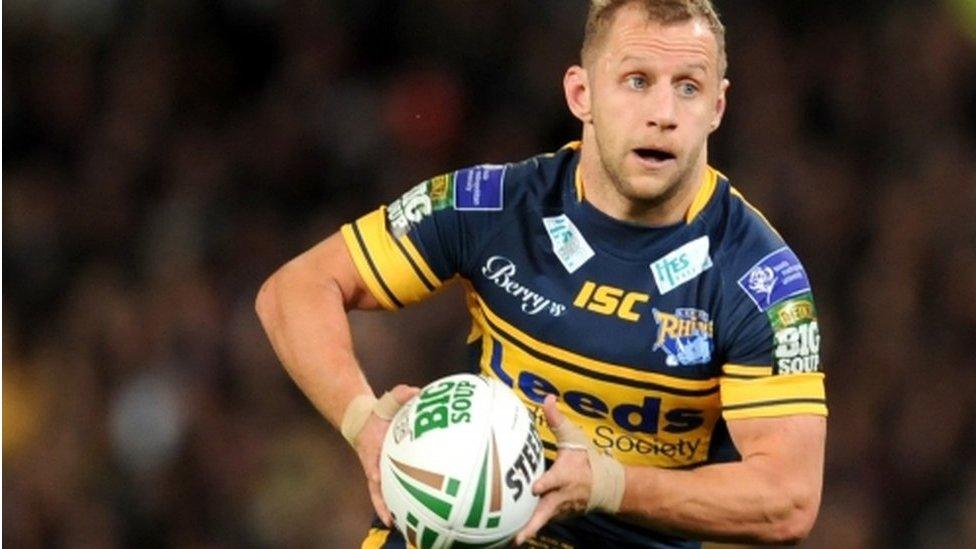
Burrow speaks about his treatment at the MND centre in his top-selling memoir
The current MND centre at Seacroft Hospital, where Burrow receives care, treats about 80 people, double the number of patients it supported 10 years ago.
Once completed, the Rob Burrow Motor Neurone Disease Care Centre would give patients access to a wide range of support.
Leeds Hospitals Charity chief executive Esther Wakeman said she could envisage the centre "becoming a flagship in the UK".

Follow BBC Yorkshire on Facebook, external, Twitter, external and Instagram, external. Send your story ideas to yorkslincs.news@bbc.co.uk, external.
Related topics
- Attribution
- Published24 May 2021
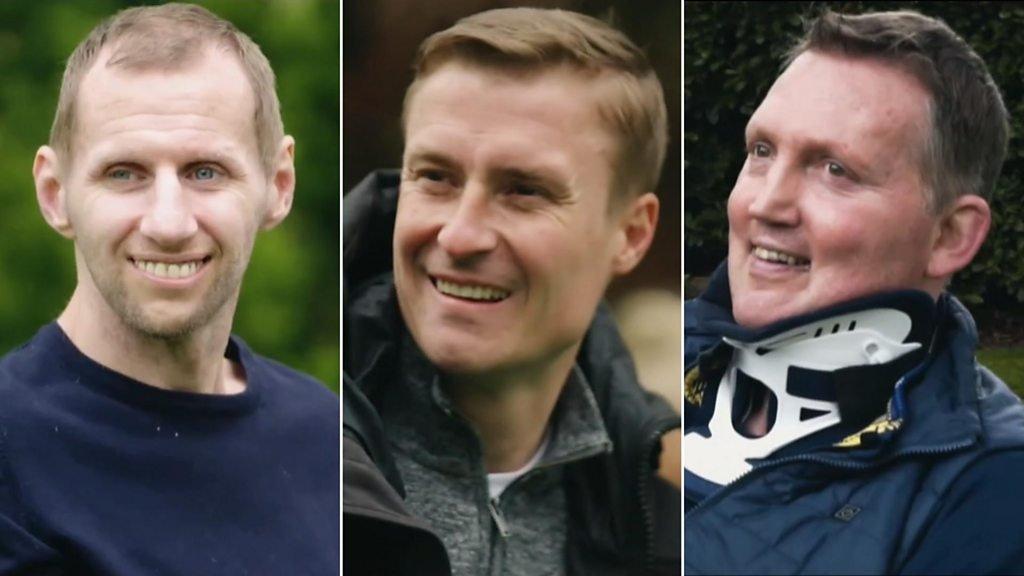
- Published25 December 2020
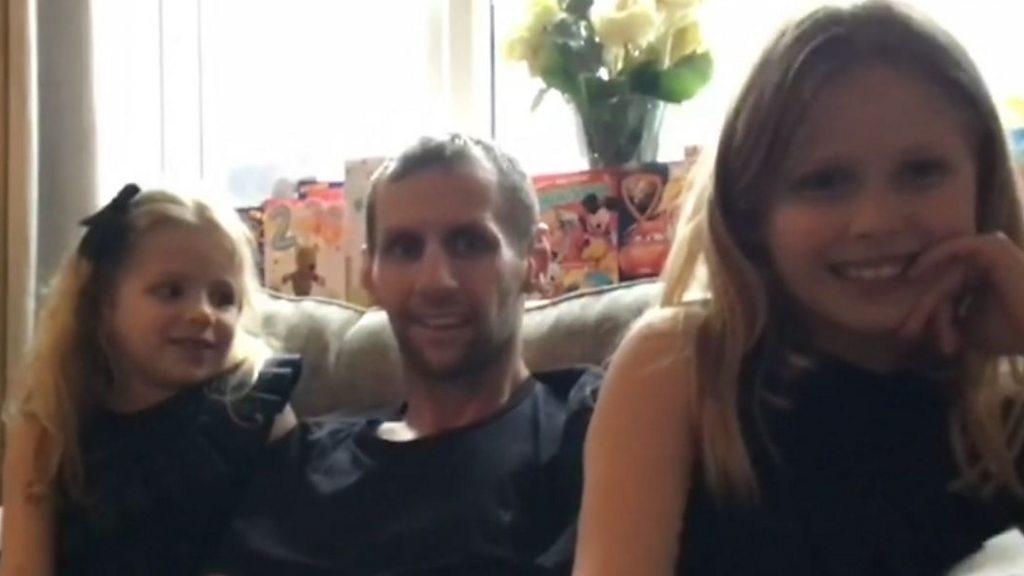
- Published2 December 2020
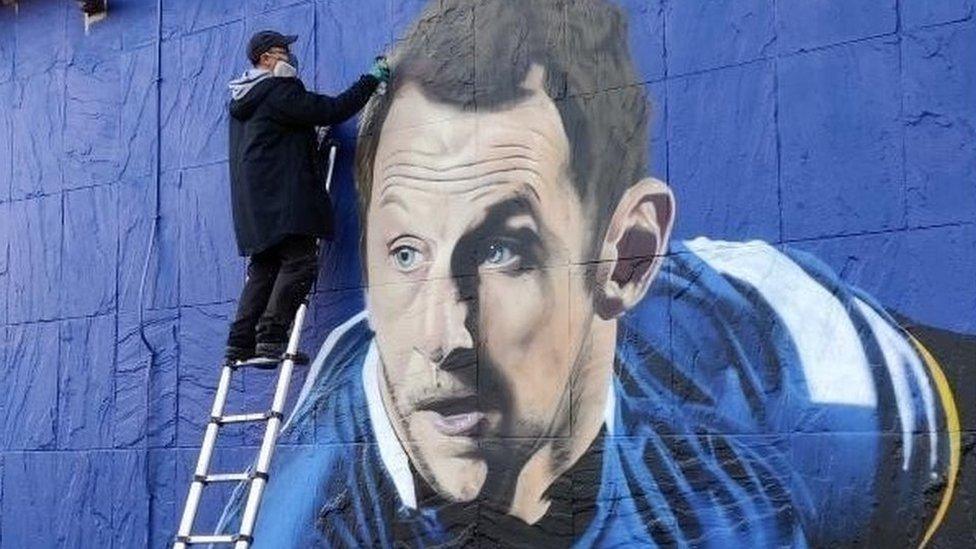
- Attribution
- Published19 December 2019
